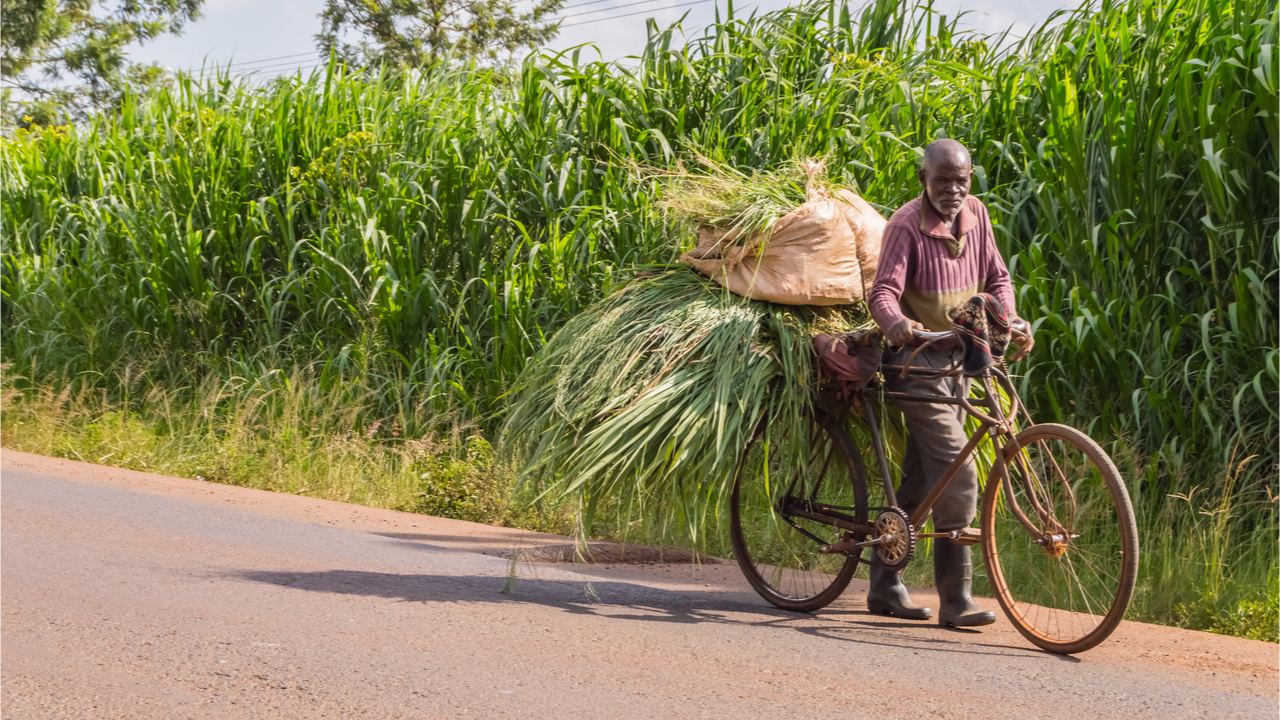advertisement
Cryptocurrency Thriving Among Kenyan Farmers

Cryptocurrencies are often in the news headlines for shaking up the financial world. Recently, a known cryptocurrency advocate, Elon Musk, made it clear that Tesla’s can now be purchased with crypto, then he made an about-turn on that decision, likely for the reasons of crypto being highly regulated.
In Kenya, crypto is also garnering attention, an American economist, who introduced blockchain technology for low-income urban customers, has extended the cashless system to the countryside.
On a lush green farm in Kilifi on Kenya’s tropical Indian Ocean coast, 26-year-old farmer Emmanuel Kahindi is harvesting tomatoes and other vegetables. He is using Kenya’s cryptocurrency, Sarafu, to sell his vegetables, and to buy supplies without having to use any cash.
advertisement
Sarafu has been a lifesaver for Emmanuel, because it makes him save his money, his Kenyan currency, using Sarafu to purchase things for the garden like seeds and fertilizer.
Sarafu coins work like vouchers that can be exchanged for goods or services of other users of the currency. Anyone with a Kenyan mobile phone line can enroll. Users are given 50 Sarafu for free. After that, they earn coins by selling a product or service to another user.
Sarafu is what’s known as a community inclusion currency, or CIC, allowing people to give or take credit without having to deposit Kenyan shillings or other currency in a bank.
advertisement
It was created by Will Ruddick, an American economist through his Kenyan nonprofit, Grassroots Economics. He recently introduced it to rural areas like Kilifi.
Bitange Ndemo, a senior lecturer at the University of Nairobi, said such community-focused cryptocurrencies have a potential to expand beyond Kenya and in other parts of Africa.
He said that cryptocurrencies give communities an option to monetize resources in a way that they cannot do with cash, pointing at the cobalt mines in the Democratic Republic of Congo as a potential example.